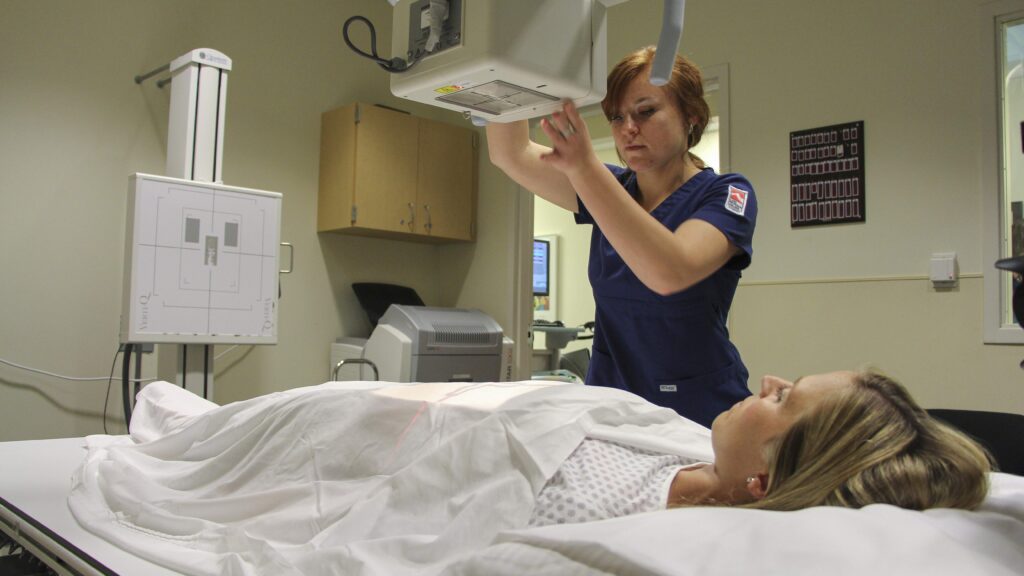Hair Loss in Women: Causes, Treatments, and Prevention

Hair loss in women is a common yet often distressing issue that can significantly impact self-esteem and quality of life. While it’s normal to lose 50 to 100 strands of hair daily, excessive shedding or thinning can signal an underlying problem. Understanding the causes, treatments, and prevention strategies for hair loss in women is essential to addressing the issue effectively. In this article, we’ll explore the reasons for hair loss in women, the best treatments available, and practical tips to prevent further thinning.
What Causes Hair Loss in Women?
Hair loss in women can stem from a variety of factors, ranging from hormonal changes to lifestyle habits. Here are some of the most common causes of hair loss in women:
1. Hormonal Imbalances
Hormonal fluctuations are one of the leading reasons for hair loss in women. Conditions like polycystic ovary syndrome (PCOS), menopause, and thyroid disorders can disrupt the hair growth cycle, leading to thinning or sudden hair loss in women.
2. Nutritional Deficiencies
A lack of essential vitamins and minerals, such as iron, vitamin D, and biotin, can weaken hair follicles and cause hair loss. Ensuring a balanced diet rich in vitamins for hair loss in women is crucial for maintaining healthy hair.
3. Stress and Trauma
Physical or emotional stress, such as surgery, illness, or significant life events, can trigger a condition called telogen effluvium. This condition pushes hair follicles into a resting phase, resulting in extreme hair loss in women.
4. Aging
Hair loss in women over 50 is often linked to aging. As estrogen levels decline during menopause, hair may become thinner and more brittle.
5. Medical Conditions and Medications
Certain medical conditions, such as alopecia areata or autoimmune diseases, can cause hair loss. Additionally, medications like chemotherapy drugs, antidepressants, and blood thinners may contribute to shedding.
6. Hairstyling Practices
Frequent use of heat styling tools, tight hairstyles, and chemical treatments can damage hair follicles and lead to breakage or thinning.
How to Stop Hair Loss in Women
If you’re experiencing hair loss, the first step is to identify the root cause. Consulting a dermatologist or healthcare provider can help determine the best course of action. Here are some effective strategies to stop hair loss in women:
1. Address Underlying Health Issues
Treating medical conditions like thyroid disorders, anemia, or hormonal imbalances can significantly reduce hair loss. For example, managing PCOS or thyroid levels often leads to improved hair growth.
2. Improve Your Diet
Incorporate foods rich in vitamins for hair loss in women, such as leafy greens, eggs, nuts, and fish. Supplements like biotin, iron, and vitamin D can also support hair health.
3. Use Gentle Hair Care Products
Switching to the best shampoo for hair loss in women, free from harsh chemicals like sulfates and parabens, can minimize damage. Look for products containing ingredients like ketoconazole, caffeine, or saw palmetto, which promote scalp health.
4. Consider Medical Treatments
For severe cases, treatments like minoxidil (Rogaine) or finasteride for hair loss in women may be recommended. These medications can stimulate hair growth and prevent further thinning.
5. Reduce Stress
Practicing stress management techniques, such as yoga, meditation, or regular exercise, can help reduce hair loss caused by stress.
Best Treatment for Hair Loss in Women
The best treatment for hair loss in women depends on the underlying cause. Here are some of the most effective options:
1. Topical Treatments
Minoxidil is an FDA-approved topical treatment that can help regrow hair and slow down thinning. It’s available over the counter and is one of the most popular treatments for hair loss in women.
2. Prescription Medications
Finasteride for hair loss in women is another option, though it’s more commonly prescribed for men. It works by blocking the hormone responsible for hair loss.
3. Platelet-Rich Plasma (PRP) Therapy
PRP therapy involves injecting platelet-rich plasma from your blood into the scalp to stimulate hair growth. It’s a promising option for those seeking non-surgical treatments.
4. Hair Transplants
For women with significant hair loss, hair transplant surgery can be a long-term solution. This procedure involves transplanting hair follicles from one part of the scalp to thinning areas.
5. Laser Therapy
Low-level laser therapy (LLLT) devices can stimulate hair follicles and promote growth. These devices are available as combs, caps, or helmets and can be used at home.
How to Prevent Hair Loss in Women
Preventing hair loss starts with adopting healthy habits and addressing potential triggers. Here are some practical tips to prevent hair loss in women:
1. Maintain a Balanced Diet
Ensure your diet includes essential nutrients like protein, iron, and omega-3 fatty acids. These nutrients are vital for strong, healthy hair.
2. Avoid Harsh Styling Practices
Limit the use of heat styling tools and avoid tight hairstyles that pull on the hair. Opt for gentle, natural hairstyles to reduce stress on your hair follicles.
3. Protect Your Scalp
Use sunscreen or wear a hat to protect your scalp from UV damage. A healthy scalp is essential for healthy hair growth.
4. Stay Hydrated
Drinking plenty of water helps keep your hair and scalp hydrated, promoting overall hair health.
5. Regular Scalp Massages
Massaging your scalp can improve blood circulation and stimulate hair follicles. Use oils like coconut or argan oil for added nourishment.
Best Products for Hair Loss in Women
Choosing the right products can make a significant difference in managing hair loss. Here are some of the best products for hair loss in women:
1. Shampoos
Look for the best shampoo for hair loss in women, such as those containing ketoconazole, biotin, or caffeine. These ingredients can strengthen hair and promote growth.
2. Supplements
Vitamins for hair loss in women, such as biotin, collagen, and iron supplements, can support hair health from within.
3. Topical Serums
Serums containing minoxidil or natural ingredients like rosemary oil can help reduce shedding and stimulate growth.
4. Scalp Treatments
Scalp treatments with ingredients like salicylic acid or tea tree oil can unclog hair follicles and promote a healthy scalp environment.
Hair Loss in Women Over 50
Hair loss in women over 50 is often linked to hormonal changes during menopause. As estrogen levels drop, hair may become thinner and more prone to breakage. To manage hair loss during this stage, consider hormone replacement therapy (HRT), topical treatments, or lifestyle changes like a nutrient-rich diet and stress management.
Final Thoughts
Hair loss in women is a multifaceted issue with various causes and treatments. Whether you’re dealing with sudden hair loss in women or gradual thinning, understanding the reasons for hair loss in women is the first step toward finding a solution. By addressing underlying health issues, adopting healthy habits, and using the best treatment for hair loss in women, you can regain confidence and maintain healthy, beautiful hair.


